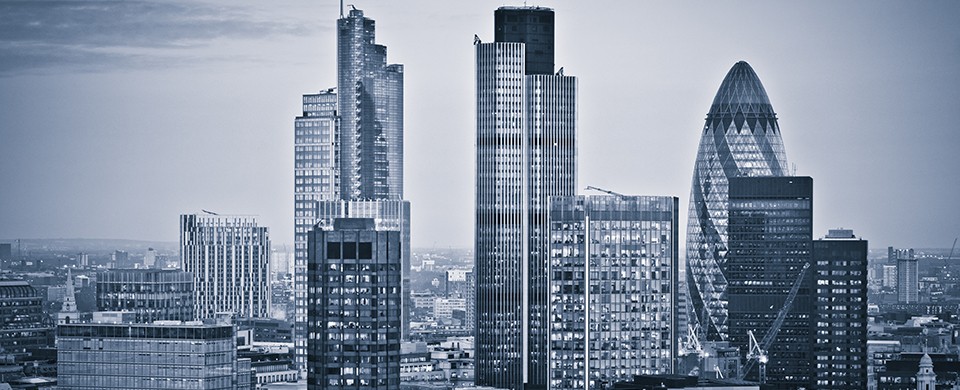Not only is austerity unfair, it isn’t working
Maybe I read the wrong newspapers, but I don’t think I was alone in my ‘so what?’ reaction to a hundred business leaders signing a letter in the Daily Telegraph calling for a Tory vote two weeks ago.
In previous elections, both major parties were eager to curry favour with corporate chiefs, but things have changed. The opinion polls suggest the captains of industry carry far less weight than they used to – and for good reason.
After five years of austerity and seemingly endless revelations of wrongdoing in the banking sector, many people are understandably in no mood to be told how to vote by ‘leaders’ whose lifestyle is so far removed from theirs that they may as well live on another planet.
There is a widespread feeling that austerity has by-passed the rich and deep resentment that, even now the economy is finally growing, there is precious little wealth trickling down to the many.
And you don’t have to be a socialist to point that out or be concerned about the impact it can have on the economy.
Neil Woodford, the UK’s most successful investor, said last August that five years of quantitative easing – the government’s main tool for stimulating growth – had done little other than raise the prices of equities, bonds, real estate, gold, fine art and other assets held mainly by the rich.
He said: “Policy makers had hoped that by increasing asset prices they could engineer some sort of ‘trickle-down’ effect, whereby increasing wealth would lead to increased spending, creation of jobs and rising business investment, and that a virtuous circle would ensue.
“This hasn’t happened, primarily because the assets that have increased in value are not broadly held by all members of the economy. The asset-rich have got richer, but the asset poor have not.”
Even the government-engineered inflation of property prices has disproportionately benefited the wealthy in London, making Labour’s proposed mansion tax merely a means of clawing back some of the windfall of the coalition years.
Labour appears to be striking a chord with economic policies that redress the balance – proposing, on the one hand, raising the minimum wage and abolishing zero hours contracts and, on the other, restoring a 50p tax rate on earnings above £150,000 and abolishing non-dom status.
The difficulty for the Tories is that they cannot match this even-handedness without uproar among their core supporters, the more extreme ones throwing tantrums about leaving the country.
But this debate is not only about fairness. Labour spokesperson Lucy Powell tried valiantly to make a broader point on the Politics Show recently but was constantly accused by Andrew Neal of avoiding his questions.
What she was actually trying to do was to challenge his premise that if you don’t make cuts in public spending, the only alternative is to increase taxes in a way that raises the same amount of money. The debate then is solely about whether or not the mansion tax, the 50p rate and abolishing non-dom status will raise enough to bridge the gap.
The premise sounds like common sense, but it isn’t. Levels of taxation and spending are only two variables in the mix of factors determining the pace at which a government deficit can be reduced. Another major variable – and, historically, the most important – is economic growth.
But it needs to be the right kind of growth. If you increase the number of economically active people and spread wealth more broadly, you should see more people becoming tax-payers and fewer relying on benefits.
The point Lucy Powell was nearly able to finish making was that raising the minimum wage and abolishing zero hours contracts could help increase tax revenues and therefore reduce the deficit.
In 2013, an Associated Press survey of US economists found that a majority thought the growing gap between rich and poor was hurting the economy.
This was not prompted by altruism or a sense of fair play, but by concern that growing inequality is leaving too many people without spending power.
On both sides of the Atlantic, people are again taking on unsustainable levels of personal debt. Inequality is therefore not only holding back economic growth and deficit reduction, it is also potentially toxic – a harbinger of another crash.
This piece by Steve Howell first appeared on Walesonline and in the Western Mail newspaper. As well as being the author of Over The Line, Steve is chief executive of Freshwater UK, the leading independent communications consultancy. You can follow him on Twitter: @FromSteveHowell
Order Over The Line here

